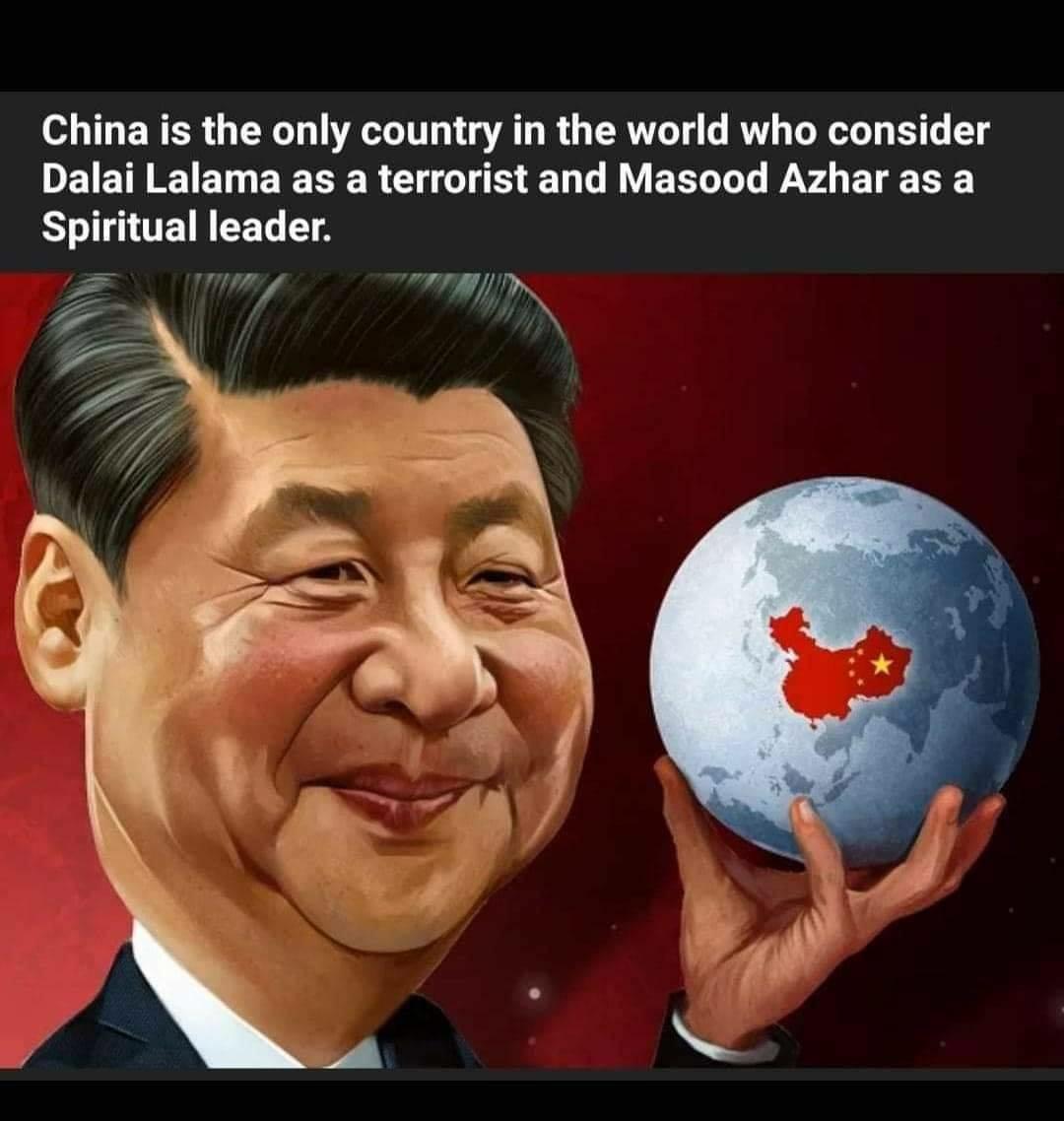18
May
The answer is NO. The dynamics of the world order has changed drastically than what it was couple of decades ago. Below article from “The Week” magazine sums up the utter failures of adventures of regime changes in the recent past. The world is more chaotic now than what it was before when there were dictators ruling those few countries. In the name of democracy or protection or call it anything, a reason to invade has thrown life out into chaos not only of the invaded country but also of the world. No region is stable in the world due to this. Migration crisis is at its peak. But in the end, the fundamental question props up, “who is responsible for all this chaos in the world?” Well, god is nowhere in the picture as its a human creation. Either greed or ego has dominated every situation. Looks like the power hungry are directing their energies towards IRAN, for a change now although current IRAN regime is also responsible for the unfavorable conditions it has created for itself. Syria wasn’t successful for many who thought they could dethrone its leader like other places. IRAN won’t be easy as the world is more multipolar than what anyone could imagine half a century ago when there was only one super power dictating terms.
Meanwhile, you can read the full article here: http://theweek.com/articles/786525/americas-lunatic-lust-regime-change
Here’s an excerpt of the current world situation in terms of regime change which will make you understand the whole thing in a gist from the article:
“Overthrowing the government of Afghanistan was the most justified, since the Taliban had given refuge to Osama bin Laden and refused to turn him over after 9/11. But the U.S. military has now been stuck fighting there for over 16 years, with no end in sight, and with the Taliban constantly sowing chaos and threatening to make a political comeback (which is something we’ve now becoming more open to accepting). In the end, the two most likely outcomes of American involvement in Afghanistan are an interminable semi-occupation underwriting an unstable government contending with a permanent insurgency — or a return to a version of the very fundamentalist rule we deposed more than a decade and a half ago.
But that’s nothing compared to the utter disaster of regime change in Iraq. Life under Saddam Hussein may have been awful, but it’s hard to imagine a scenario in which the continuation of his rule would have led to the deaths of 600,000 Iraqis (along with roughly 5,000 Americans), the displacement of millions more, the destabilization of the region (including the empowering of Iran and collapse of Syria into a civil war, the latter of which has led to another half-million deaths as well as a flood of migrants and refugees that has helped to catalyze a right-wing anti-immigrant movement across Europe), and the formation of a new terrorist organization (ISIS) that managed to surpass in brutality the one that launched the 9/11 attacks (al Qaeda).
The Iraq War has been a perfect storm of unintended, awful consequences.
But that didn’t keep a Democratic president who ran for office in part on his opposition to the Iraq War from making the very same misjudgments as George W. Bush before him. In Libya, Obama overthrew the tyrannical government of Moammar Gadhafi, which cheered American do-gooders, but he made few if any arrangements to guarantee order. The perfectly predictable result was chaos in the resulting power vacuum. Subsequent years have brought economic collapse, the rise of tribal warfare, instability, violence, and even the return of the slave trade — not to mention even more of those migrants and refugees headed to Europe across the Mediterranean.”
